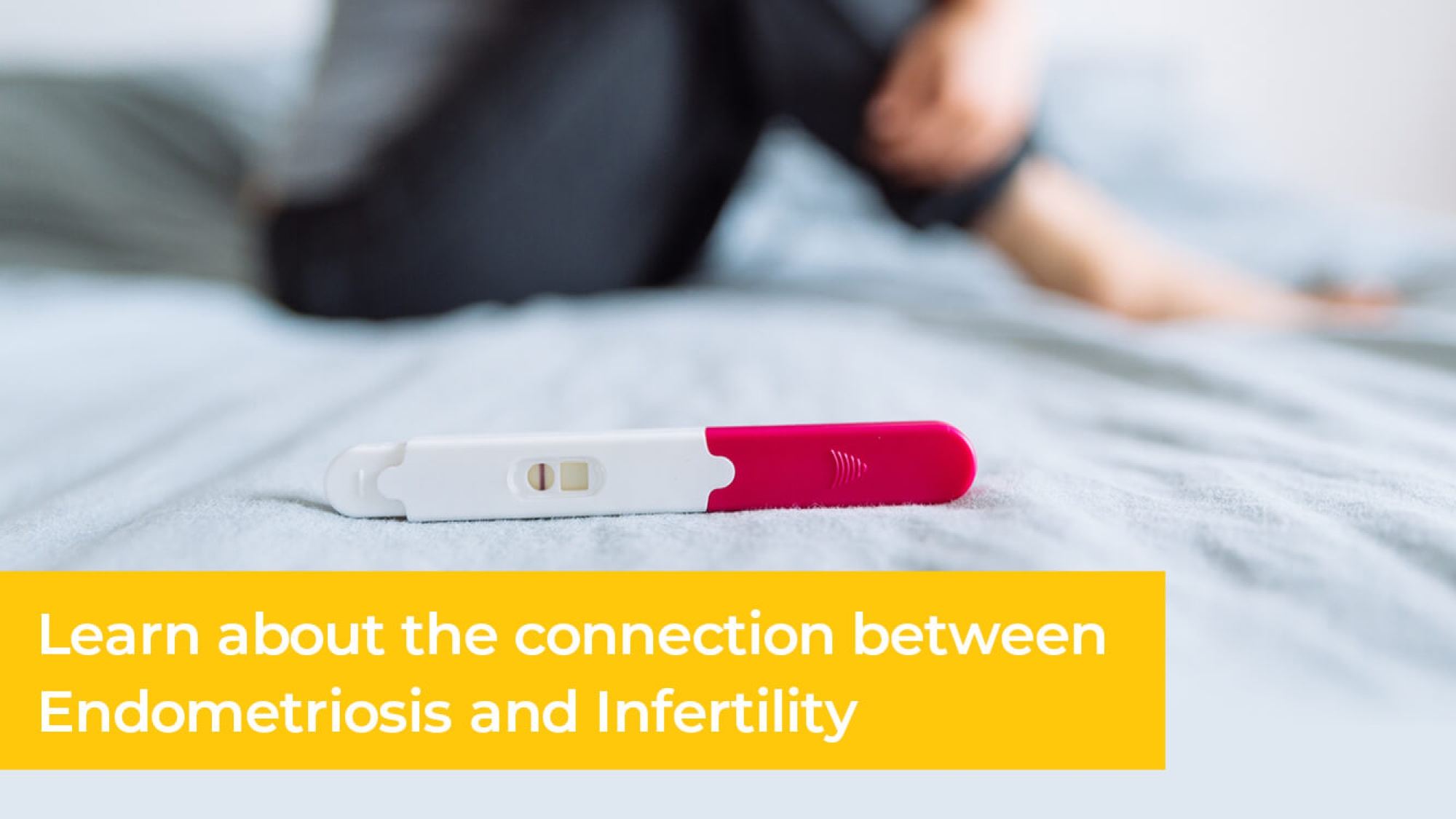What is Endometriosis?
Endometriosis is a painful and severe disorder where tissues of the endometrial lining (that are usually formed inside the uterus) are formed outside the uterine cavity. It is typically found over the fallopian tubes, intestines, and the ovaries. This results in severe pain in the abdomen, especially during menstruation. This condition can significantly impact the fertility of a woman. If you have been diagnosed with this condition, then it’s natural to wonder about your chances of getting pregnant with endometriosis. Here is a complete explanation of the connection between endometriosis and infertility.
How does Endometriosis affect fertility?
Even though the exact mechanism which causes endometriosis infertility is not 100% clear, many theories are proposed for the same. Most women with endometriosis experience inflammation and pain. Because of this, they find it difficult to get pregnant as these abnormal tissues prevent the egg from traveling to the uterus. In some cases, endometriosis also damages a woman’s egg or a man’s sperm. In simple terms, the inflammation caused by endometriosis may create inhospitable molecules (cytokines) that disrupt the process of fertilization.
Endometriosis may further affect fertility through the following ways:
- Pain during intercourse: One of the main symptoms of endometriosis is pain during intercourse. This can delay pregnancy as the pain might be too much for a woman to go through intercourse. However, this will not be the actual cause of infertility.
- Decreased egg quality: Endometriosis directly affects the quality of the woman’s egg. This results in slower development of the embryo and reduces the chances of the embryo implanting in the uterus. This can contribute to infertility
- Scar tissues: Endometriosis leads to the formation of adhesions or scar tissue over the pelvis and the reproductive organs. This prevents the organs from functioning properly and may also result in restriction of the egg and sperm from coming in contact with each other or embryo from implantation within the uterus.
- Ovarian cysts: Some endometriosis tissues may also be found deep within the ovaries and might form over them. These deep ovarian endometrioses are called ‘chocolate cysts’ due to their dark fluid-filled nature. Though small cysts are usually benign and need no treatment, larger cysts are difficult to treat. They can be dangerous because they have the ability to destroy all healthy ovarian tissues. This can lead to an early and rapid depletion of the ovarian reserve or problems with ovulation, which results in endometriosis infertility.
Endometriosis and Pregnancy:
While endometriosis directly affects fertility, the chances of getting pregnant with endometriosis are not completely nil. Even though a few women with endometriosis might get pregnant on their own, most affected women in their late 30s or with moderate to severe endometriosis need some form of treatment to get pregnant. Furthermore, according to the American Society of Reproductive Medicine, around 50% of women who suffer from infertility have endometriosis, and 30-50% of women who have endometriosis usually suffer from infertility.
In case a couple has been trying to get pregnant with endometriosis but has not been successful, help or support from a gynecologist or a fertility specialist can help you get pregnant.
Getting pregnant with Endometriosis:
Since there is no cure for endometriosis, treatment usually depends on the patient’s priority – either to reduce pain or to improve fertility. With regard to endometriosis infertility, certain medications and surgery may help control the condition and achieve pregnancy. These are as follows:
1. Intrauterine insemination (IUI): Intrauterine insemination or IUI in endometriosis is the process of injecting millions of sperms directly into the woman’s uterus. IUI in endometriosis is usually done if the woman is quite young and with minimal endometriosis and also provided that if the woman’s partner has well-functioning sperm.
2. In Vitro Fertilization (IVF): IVF is one of the most common ways women choose to increase their chances of getting pregnant with endometriosis. However, you should choose this option only after careful consultation with your doctor. Studies show good pregnancy rates in women with endometriosis with IVF, and the success is directly proportional to the age of the woman at the time of egg retrieval. In order to achieve pregnancy through IVF, women with moderate to severe endometriosis sometimes might have to undergo surgery to remove the extra endometrial growth, when the size of the endometrioma is too large. Following this surgery, many studies have shown favorable results in women who are trying to get pregnant with endometriosis and IVF.
3. Fertility preservation: Endometriosis as a disorder as well as its surgery to control it might result in severe and permanent ovarian damage. This is shown to reduce AMH levels in women. Therefore, it is extremely vital to freeze healthy eggs or embryos at the earliest possible for future use. If you have the early signs of endometriosis, it would be a good idea to preserve your eggs or embryos, before the condition further worsens the vitality of your ovaries.
Endometriosis is a very challenging disorder that may or may not improve with proper medications and surgery. However, it is important to stay positive and seek the right guidance to agree upon an outcome that is best for you and your family. Early intervention with endometriosis and IVF and fertility preservation is key to ensuring good results. If you or someone you know shows signs or suffers from endometriosis, consult a doctor immediately or book an appointment with Dr. Banker today!
